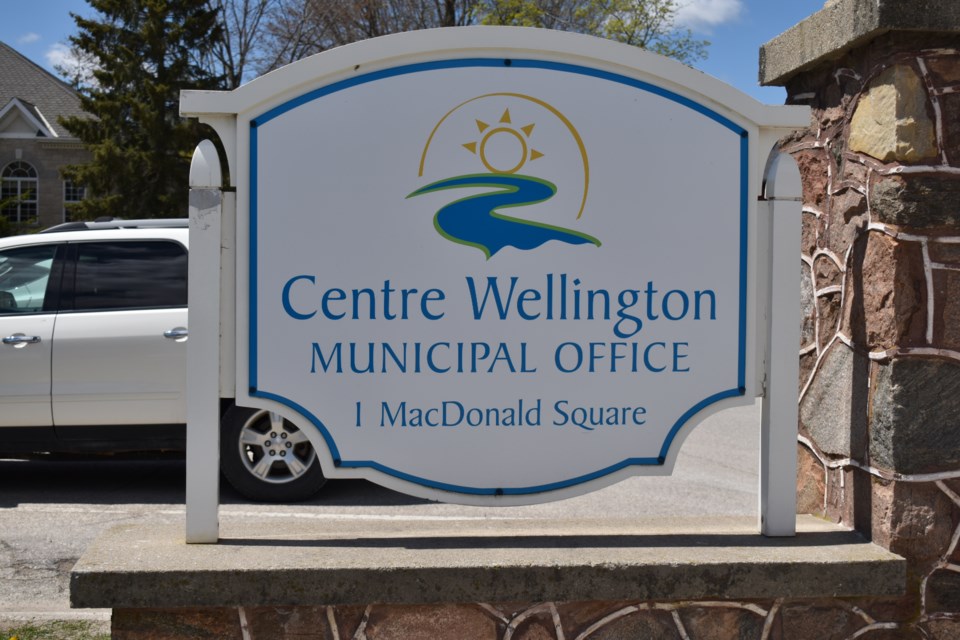CENTRE WELLINGTON- The township issued a single-source contract to install four new systems monitoring local groundwater levels during a regular council meeting on Monday.
The multilevel systems are a part of the township's well exploration program which will drill for candidate spots of bedrock ideal for future municipal supply wells.
“These systems are going to address the ‘okay, well what are the (longterm) trends we’re seeing in the aquifers,” said Adam Gilmore, manager of engineering. “(It will also tell us whether) we need to adjust our operating plan and our (water) pumping at all.”
A “really critical part” of collecting data, Waterloo multilevel groundwater monitoring systems are used to obtain groundwater samples, hydraulic head, and permeability measurements from many discretely isolated zones in a single drilled hole.
“(The system) provides you with a much more robust dataset at these locations, monitors different depths in the aquifer, and gives more information that we can then use,” said Gilmore. “For example, (we could) apply for future permits to take water from these locations and ensure that we’re mitigating any potential impacts to private-well users and the natural environment.”
The tender was issued to Solinst Canada for $113,509. Located in Georgetown, Solonist is one of the few companies that manufacture Waterloo systems in the world. The project was initially budgeted at $75,000.
“I learned all about this down at (a conference) recently and (I think) this is a perfect reason to sole-source a vendor,” said Coun. Lisa McDonald, during the meeting. “This is something that has already been researched and done and (while) I always think we should invite more applications, I believe (these systems are) a good reason.”
While she understood why the tender was issued, Coun. Barbara Lustgarten-Evoy wanted to ensure all information gathered would be used towards future township decisions even twenty years down the line.
“If we have several of these systems down, does that give us more of an option to know from whence we go next if (the township) does discover that we need more water,” said Lustgarten-Evoy. “If we’re looking for another new municipal well, do (these systems) give us the information about what land would or would not qualify going forward?”
According to Gilmore, Centre Wellington already owns some of these systems in their existing monitoring network, as well as specialized equipment that "talks to" and samples the Waterloo systems in “a continued investment.”
“These systems, the neat thing about them, is they’re going to give us information right away,” said Gilmore. “So that’s going to answer what we need to know now…and they’re also going to continue to monitor and give us information over time well into the future.”
By installing a multi-level system, the township would reuse the drill hole for present and future information, rather than leaving an open hole post-use, “which is the conventional way of doing things.”
“So we benefit from that instant data that we get when we install them but then we’re also monitoring them over really long periods of time,” said Gilmore. “This helps us to answer questions in the future about, once the well’s in place, how do we manage the water resource effectively?”
Gilmore anticipates the study will be completed later this year.
Isabel Buckmaster is the Local Journalism Initiative reporter for GuelphToday. LJI is a federally-funded program.



